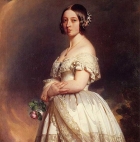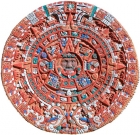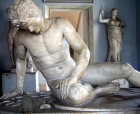Chronological Understanding
Chronological understanding enables children to be able to place events and people both within and across historical periods. This section will provide inspirational activities which support a coherent understanding of chronology.
-

Teaching Ancient Egypt
ArticleClick to view -

Victorians
ArticleClick to view -

Case Study: Creative chronological thinking
ArticleClick to view -

A creative Egyptian project
ArticleClick to view -

Chronology through ICT
ArticleClick to view -

Time, Chronology, language and story
ArticleClick to view -

Understanding Chronology at Key Stage 2
ArticleClick to view -

Developing pupils' chronological understanding
ArticleClick to view -

Constructivist chronology and Horrible Histories
ArticleClick to view -

Enhancing temporal cognition: Practical activities for the primary classroom
ArticleClick to view -

Chronology and local history: Year 6
ArticleClick to view -

Chronology & Topics at Key Stage 2
ArticleClick to view -

Scene shifting: Using visuals for chronology
ArticleClick to view -

How to teach chronology
ArticleClick to view -

Children's Thinking: Developmental psychology and history education
ArticleClick to view -

A history of the world - 100 objects that tell a story
ArticleClick to view -

Pride in place: What does historical geographical and social understanding look like?
ArticleClick to view

